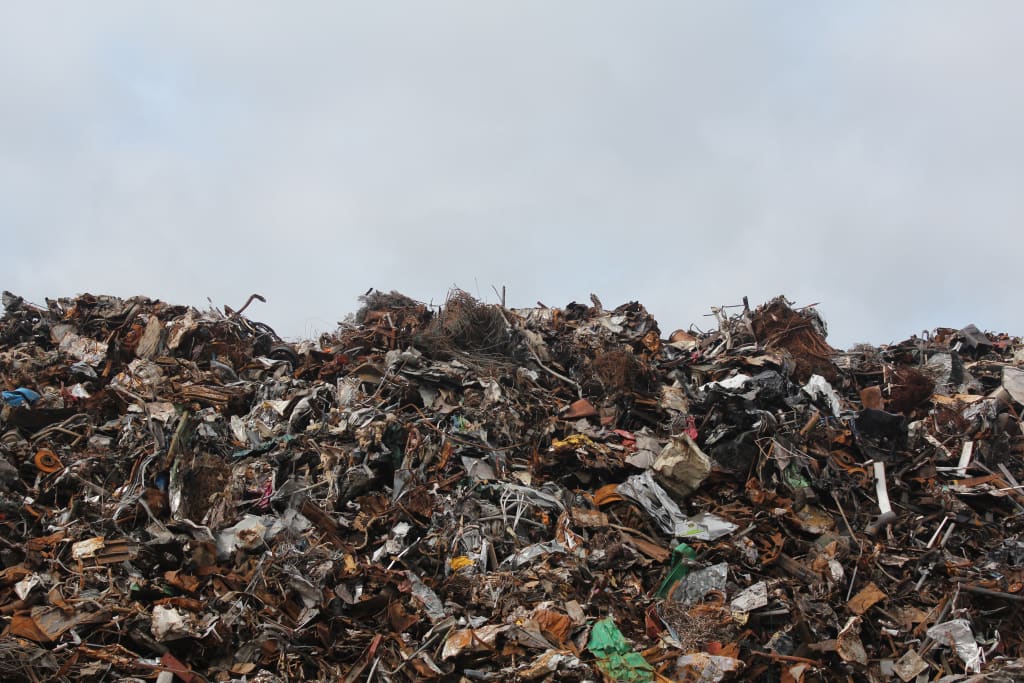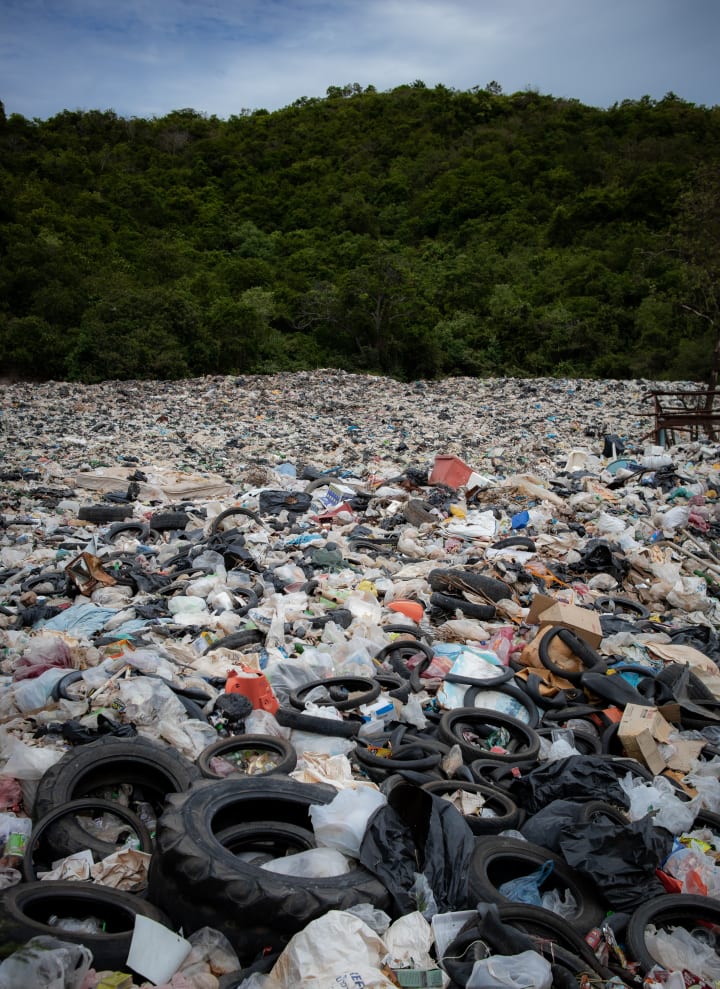
Introduction:
Waste management plays a crucial role in maintaining a healthy and sustainable environment. As human activities continue to generate significant amounts of waste, it becomes imperative to adopt effective waste management strategies that minimize environmental pollution, promote resource efficiency, and safeguard public health. This article will explore various aspects of waste management, including its definition, challenges, recycling and waste reduction methods, waste-to-energy processes, and the importance of public awareness and policy interventions. By understanding and implementing sustainable waste management practices, we can mitigate the detrimental impact of waste on our planet.

I. Definition and Classification of Waste:
Waste can be defined as any unwanted or discarded material resulting from human activities, ranging from household waste to industrial byproducts. Waste is commonly classified into various categories based on its origin, composition, and potential impact on the environment. These categories include municipal solid waste, hazardous waste, electronic waste, construction and demolition waste, agricultural waste, and biomedical waste. Each type of waste requires specific management strategies to minimize its adverse effects.
II. Challenges in Waste Management:
The management of waste poses numerous challenges at local, regional, and global levels. Some of the key challenges include inadequate waste collection infrastructure, improper disposal methods, lack of awareness and public participation, illegal dumping, and the emergence of new waste streams. These challenges not only contribute to environmental pollution but also impact public health and the overall well-being of communities. Addressing these challenges requires a comprehensive and integrated approach to waste management.
III. Waste Reduction and Recycling:
Waste reduction and recycling are essential components of sustainable waste management. Waste reduction involves minimizing the generation of waste by adopting practices such as source reduction, reuse, and repair. Recycling, on the other hand, involves the collection, sorting, and processing of waste materials to produce new products or raw materials. Recycling not only conserves natural resources but also reduces energy consumption, greenhouse gas emissions, and the need for landfill space. Effective recycling programs require proper infrastructure, public awareness, and collaboration among stakeholders.
IV. Waste-to-Energy Processes:
Waste-to-energy processes, such as incineration and anaerobic digestion, offer alternative approaches to managing waste. Incineration involves the combustion of waste materials to produce heat and electricity, while anaerobic digestion converts organic waste into biogas and nutrient-rich fertilizers. These processes help reduce the volume of waste, recover energy, and contribute to a more sustainable waste management system. However, careful consideration must be given to ensure the safe and environmentally sound implementation of these technologies.
V. Importance of Public Awareness and Education:
Public awareness and education play a vital role in waste management. Promoting awareness about waste reduction, recycling practices, and responsible waste disposal can significantly influence individual behavior and foster a culture of sustainability. Educational initiatives, public campaigns, and community engagement programs can empower individuals to make informed choices and actively participate in waste management efforts. Governments, NGOs, and educational institutions should collaborate to develop comprehensive educational programs targeting people of all ages.
VI. Policy Interventions and Government Initiatives:
Effective waste management requires supportive policies and regulations at local, national, and international levels. Governments should enact legislation that promotes waste reduction, encourages recycling, sets waste management standards, and imposes penalties for illegal dumping and improper waste disposal. Additionally, governments can incentivize businesses and industries to adopt sustainable waste management practices, such as extended producer responsibility programs. Collaboration between the public and private sectors is essential for the successful implementation of waste management policies.
VII. Emerging Trends and Innovations:
The field of waste management is witnessing rapid advancements in technologies and innovations. From advanced recycling techniques to the utilization of artificial intelligence and automation, these emerging trends offer new opportunities for improving waste management efficiency, enhancing resource recovery, and reducing environmental impact. Innovations such as chemical recycling, smart waste management systems, and the use of biodegradable materials are reshaping the future of waste management.
Conclusion:
Waste management is a critical aspect of environmental protection and sustainable development. By adopting efficient waste management practices, we can minimize pollution, conserve resources, reduce greenhouse gas emissions, and create a healthier and more sustainable future. The success of waste management relies on a collective effort involving governments, industries, communities, and individuals. Through proper waste reduction, recycling, waste-to-energy processes, public awareness, and supportive policies, we can effectively address the challenges associated with waste and create a circular economy that maximizes resource efficiency while minimizing environmental impact.
About the Creator
Anaz
Earth Related Topics
Green Earth: Nurturing Our Planet for a Sustainable Future






Comments
There are no comments for this story
Be the first to respond and start the conversation.